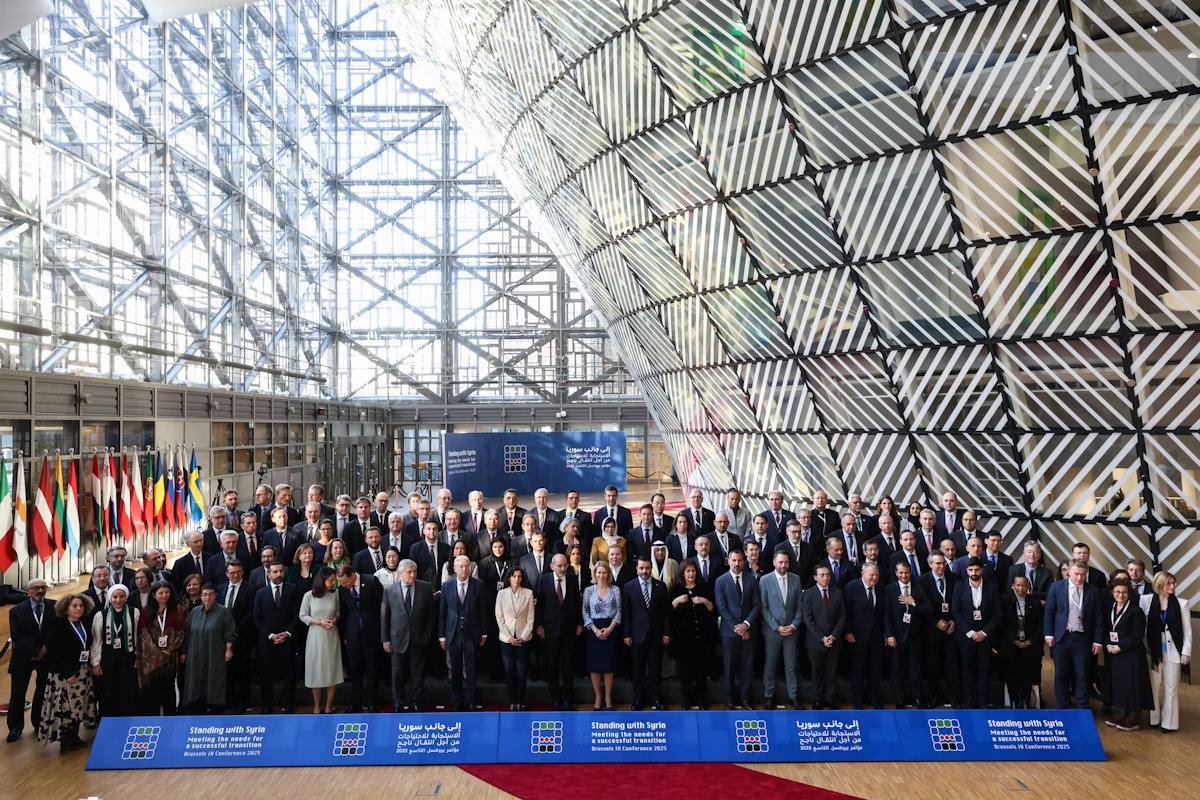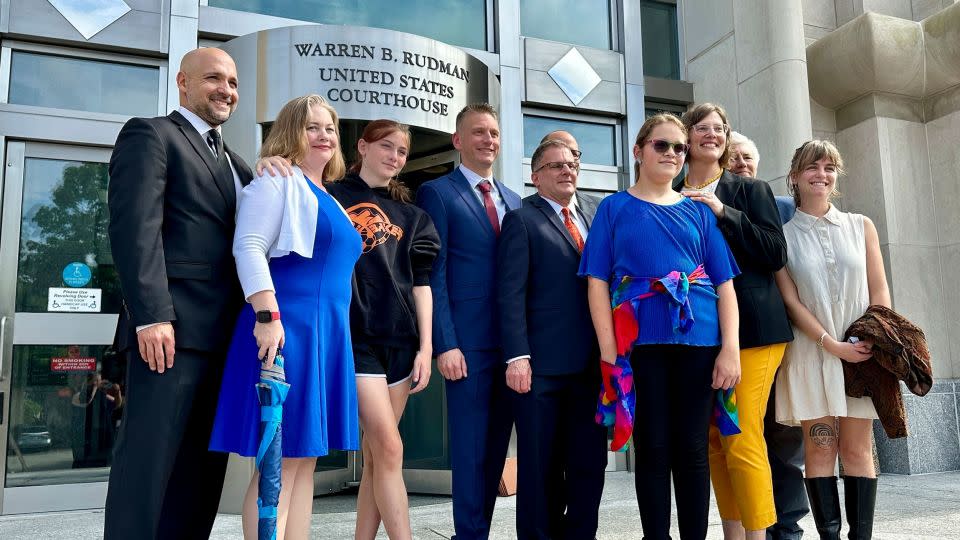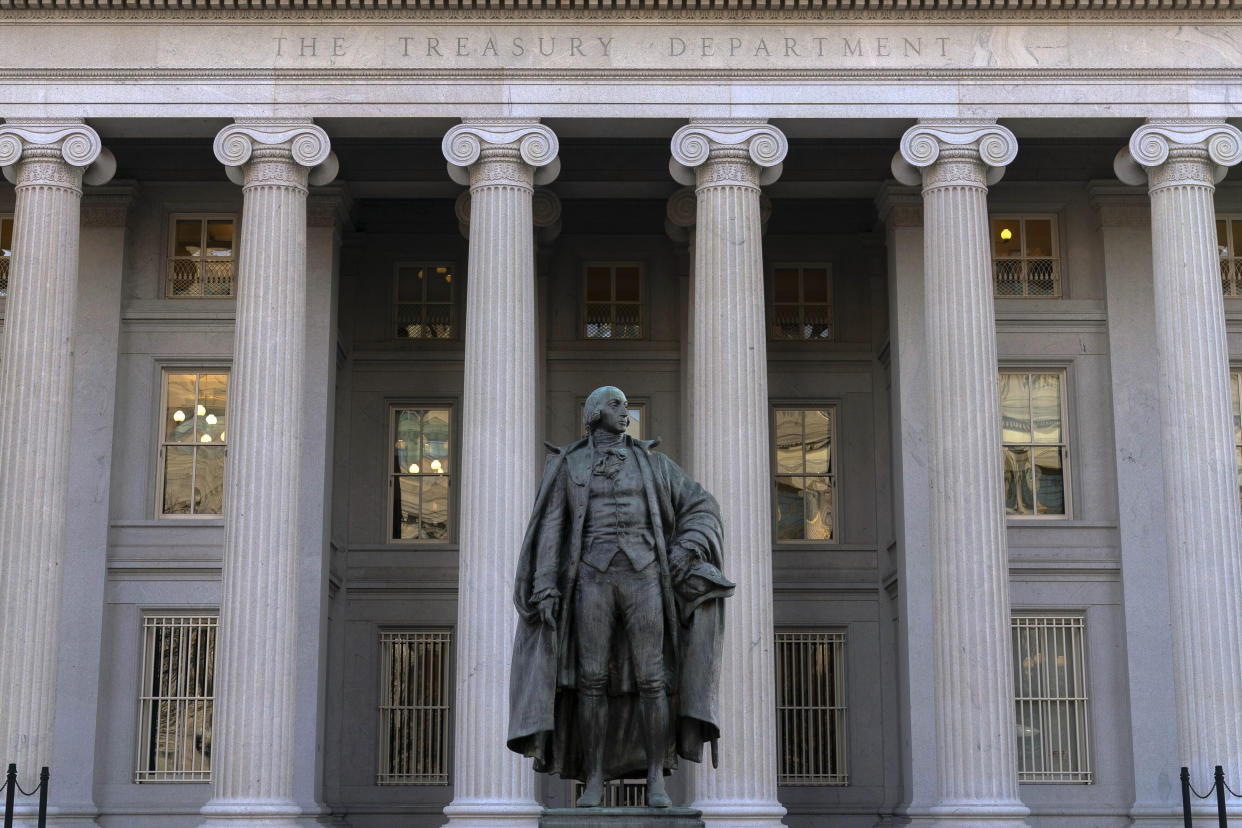Aga Khan Announces €100 Million Commitment to Syria’s Recovery
Brussels, Belgium, March 17, 2025 – his Highness the Aga Khan, Prince Rahim al-Hussaini aga Khan V, has pledged a minimum of €100 million over the next two years, on behalf of the Ismaili Imamat and the Aga Khan Development Network (AKDN), to address urgent humanitarian and development needs in Syria.The proclamation was made at the European Commission’s ninth annual conference in support of Syria, themed “Standing with Syria: meeting the needs for a prosperous transition.” The conference aimed to galvanize international support for a Syrian-owned, inclusive transition, focusing on critical humanitarian, recovery, and reconstruction assistance for Syria and its neighboring countries.
A Commitment to Syria’s Future
In his frist public engagement as the 50th hereditary Imam of the Shia Ismaili muslims and Chair of the AKDN, following the passing of his father, His Late Highness Prince Karim Aga Khan IV, on February 4, 2025, His Highness emphasized the importance of a complete approach to Syria’s recovery. He stated,”We commit today to make available a minimum of €100 million over the next two years toward Syria’s recovery. With our partners, we intend to scale up humanitarian efforts; to invest in renewable energy and other vital areas of the economy; to expand the provision of health care and education; to address food insecurity; and to restore and preserve Syria’s rich cultural assets. This work will require critical enabling conditions, foremost of which is an end to violence, and a commitment to peace by all parties.”
Conference Details and Key Participants
The conference was co-hosted by prominent European Union leaders, including Kaja Kallas, the High Representative of the European Union for Foreign Affairs and Security Policy and Vice-President of the European Commission. The event also saw participation from Syria’s Interim Foreign Minister, representatives of the United Nations, Syria’s neighboring states, and other regional and international partners. It built upon the foundation laid by the Paris Conference on syria, held on February 13, 2025.
Kaja Kallas highlighted the urgency of the situation, stating, “We must spare no effort to assist an inclusive transition that gives all Syrians a chance to rebuild their country in line with their aspirations.”
AKDN’s Long-Standing Engagement in Syria
The aga Khan Development Network has been actively involved in Syria’s socio-economic and cultural development for over 25 years. As 2012, AKDN has focused on crisis response, reaching over two million people. Syria faces severe challenges, with over 80% of Syrians living in poverty due to years of war, sanctions, and destruction. Access to clean water is severely limited, and nearly 60% of the population faces food insecurity. The healthcare system is crippled,with half of the facilities non-functional,and over 2.4 million children are out of school. The electricity supply has also plummeted, substantially impacting daily life and economic activity.
Current Initiatives and Partnerships
AKDN is working with various partners, including the European Commission, Germany, Switzerland, Japan, and UN agencies, to address these critical issues. With over 780 staff on the ground – almost all Syrian – AKDN leverages technical and humanitarian specialists, community mobilizers, engineers, health workers, mobile medical teams, and experts in cultural restoration and financial inclusion. Their efforts are channeled through well-established community-led organizations, supported by over 700 volunteers, including many from the shia Ismaili Muslim community, which has deep roots in syria.
A Critical Juncture for Syria
Syria’s protracted crisis is at a turning point, presenting opportunities to address urgent needs, foster resilience, and build social cohesion. The Aga Khan’s commitment and AKDN’s continued efforts are pivotal in supporting the Syrian people in their journey towards recovery and a more stable future.
Learn more about AKDN’s work and how you can contribute to the ongoing relief efforts in Syria. Your support can make a significant difference in the lives of Syrians striving to rebuild their communities.
What area of Syria’s recovery resonates most with you, adn how do you think individuals can best contribute?
Interview: AKDN’s Dr. lena Khalil on Supporting Syria’s recovery
Following His Highness the Aga Khan’s recent commitment of €100 million to Syria’s recovery, we at Archyde News spoke with Dr. Lena Khalil, a senior program manager at the Aga Khan Progress Network (AKDN), to understand the scope and impact of this significant pledge.
Understanding the Commitment to Syria
Archyde: Dr. Khalil, thank you for joining us. Can you elaborate on the significance of the Aga Khan’s €100 million commitment to Syria, especially at this critical juncture?
Dr.Khalil: Thank you for having me.this commitment by His Highness and AKDN is a vital step towards addressing the immense humanitarian and development needs in Syria. After years of conflict, the country faces profound challenges. This pledge will allow us to substantially scale up our efforts in key sectors.
AKDN’s Priorities in Syria
Archyde: The press release mentioned several key areas where AKDN plans to invest. Can you highlight the priorities for the next two years?
Dr. Khalil: Absolutely. Our focus will be on humanitarian aid, investing in renewable energy and economic recovery, expanding healthcare and education access, addressing food insecurity, and of course, preserving Syria’s cultural heritage. We believe a holistic approach is essential for sustainable recovery in syria.
Partnerships for Sustainable Impact
Archyde: AKDN is known for its collaborative approach. Which partners are you working with on the ground in syria to ensure the effectiveness of these programs?
Dr. Khalil: We are fortunte to partner with the European Commission, Germany, Switzerland, Japan, and various UN agencies. Crucially, we work hand-in-hand with local community-led organizations, leveraging the knowledge and expertise of over 780 staff, almost entirely Syrian, and supported by more than 700 volunteers.
Challenges and Hopes for the Future
Archyde: Syria faces immense challenges, as you’ve outlined. What are the biggest hurdles to overcome in achieving substantial progress?
Dr. Khalil: The ongoing violence and instability are, of course, major obstacles. Achieving lasting peace is paramount. Furthermore, ensuring access to vulnerable populations and fostering social cohesion remain crucial for long-term sustainable development in Syria.
Engaging Our Readers: A Question for You
archyde: Dr. Khalil, what message do you have for our readers who are looking to contribute to the recovery efforts in Syria?
Dr. Khalil: Every contribution, no matter how small, can make a significant difference.Learn more about AKDN’s work and consider how you can support our efforts. Moreover, engaging in conversations and raising awareness helps keep Syria on the global agenda. What specific area of Syria’s recovery resonates most with you, and how do you think individuals can best contribute?




